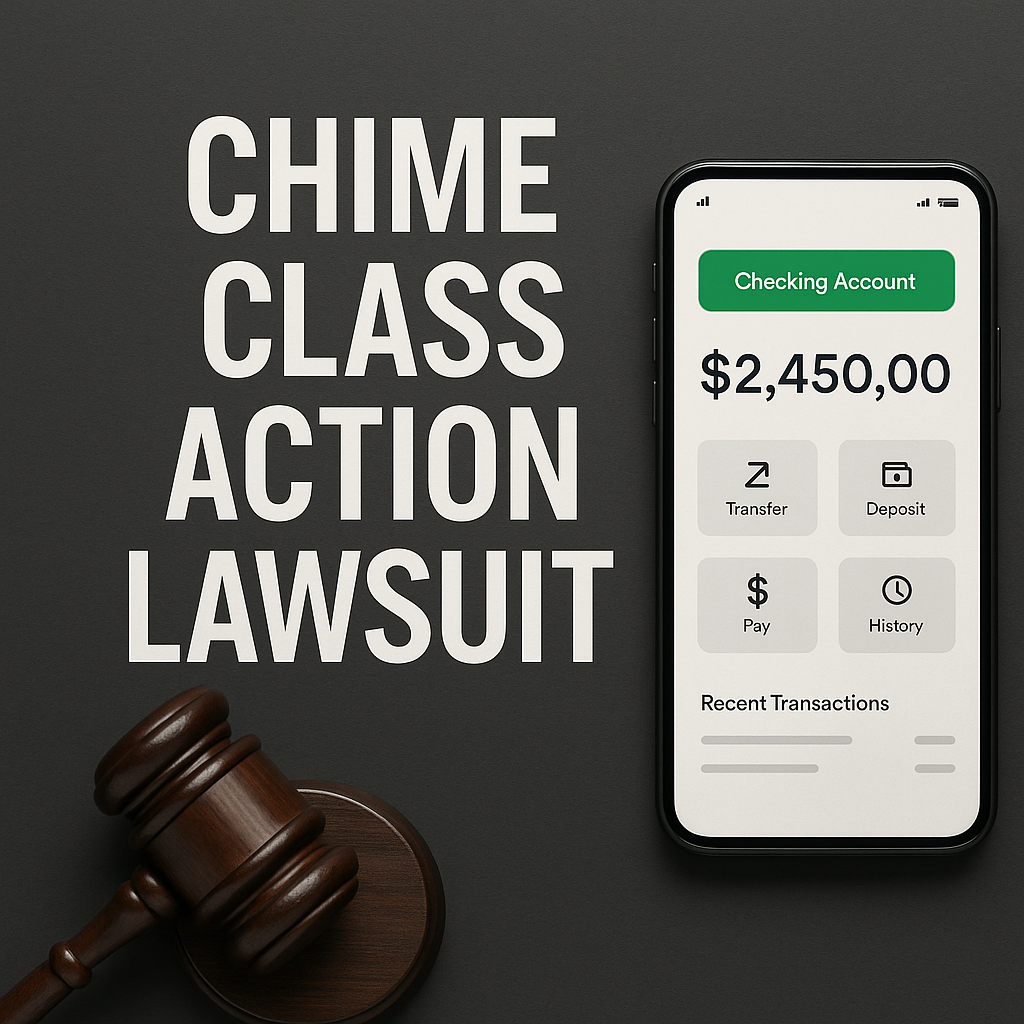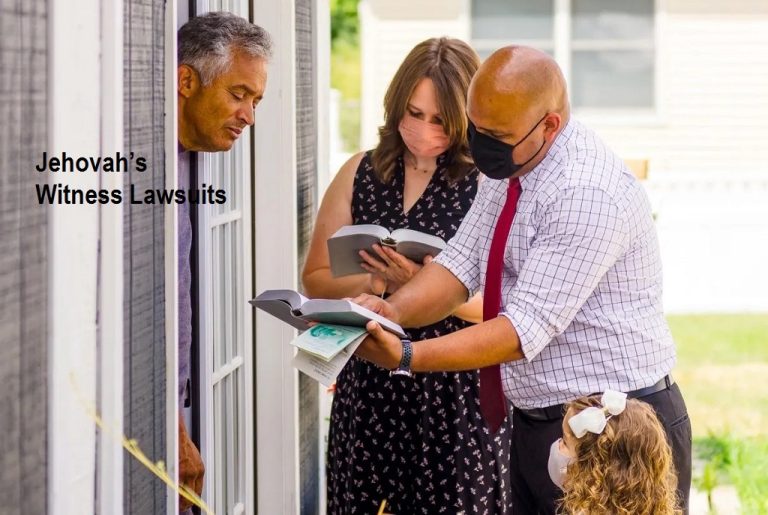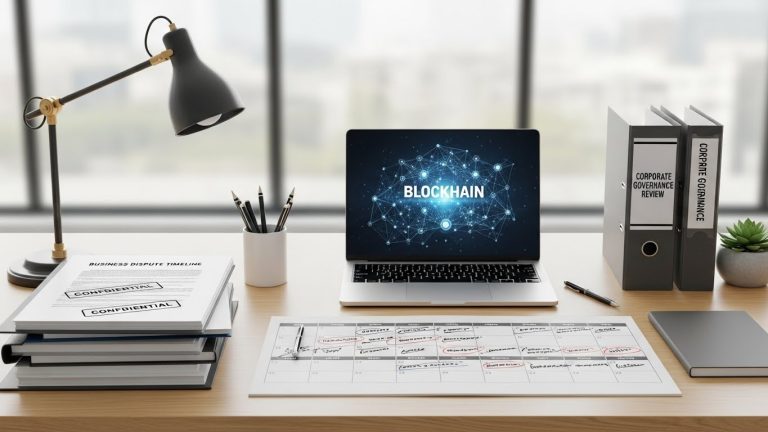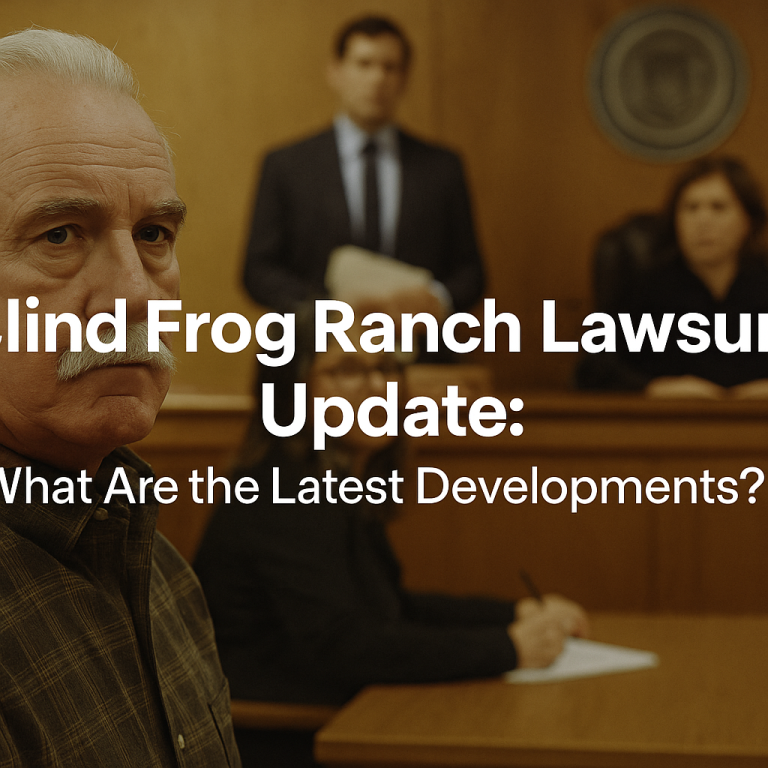If you’ve been trying to make sense of the Chime Class Action Lawsuit, you’re not alone. Consumers still have questions because multiple matters are involved: the 2019 outage settlement (now closed), subsequent regulator-ordered redress for delayed refunds after account closures, and—more recently—a newly filed texting case in Washington state. Consequently, the term “Chime Class Action Lawsuit” often combines separate issues into one headline, which can be confusing.
This guide untangles those threads in simple words. Moreover, it shows who may benefit, what deadlines already passed, and where things stand now. Additionally, you’ll find a step-by-step checklist to verify eligibility, a quick-scan table, and practical documentation tips. Importantly, class actions move through defined legal stages, so status matters: proposed, certified, settled, or closed. Therefore, you’ll see careful distinctions throughout. In short, you’ll walk away knowing which bucket—if any—you fall into and exactly what to do next.
Snapshot: Why people are hearing about a “Chime Class Action Lawsuit”
- 2019 Outage Settlement (final approval in 2021): Customers alleged they couldn’t access funds during a multi-day disruption, leading to fees, missed payments, and cascading money problems. Consequently, a settlement fund paid approved claims, with higher compensation for documented losses. Although financially modest overall, it set a benchmark for outage-related consumer relief.
- 2024 Refund Delays (regulator enforcement, not a class action): Separately, regulators required monetary redress and penalties when some closed-account refunds were delayed beyond stated timeframes. While not technically a Chime Class Action Lawsuit, it affected many consumers and, therefore, frequently appears in roundups.
- 2025 Texting Case (newly filed in Washington state): Most recently, a proposed class action alleges unlawful “refer-a-friend” texts under state law. Because it is at an early stage, no payouts exist yet; however, it may matter for Washington residents who received such messages.
Timeline at a glance
- Oct 2019: Service disruption allegedly blocks normal access to deposits for several days; complaints spike and media coverage intensifies.
- 2020–2021: Class settlement for the outage proceeds through court approval stages, culminating in final approval and payouts to approved claimants; thereafter, the claims window closes.
- 2023–2024: Regulators scrutinize fintech marketing and refund practices; orders require consumer redress and civil penalties separate from any class litigation.
- July 2025: A new proposed class action in Washington targets referral-style texts; status remains “filed,” with the next milestones expected to involve initial motions, potential amendments, and—if it advances—class certification briefing.
Who may benefit—and from which matter?
- 2019 outage settlement (closed): Only customers demonstrably affected during the outage window benefited. Because final approval and payments are done, late claims are not accepted. However, documentation from that period can still matter if your bank or credit-report issues lingered and you need to explain past anomalies.
- 2024 refund delays (regulatory redress): Consumers who closed accounts but waited significantly longer than promised for refunds are in this bucket. Relief flows through company remediation and regulator-directed payments rather than through a Chime Class Action Lawsuit.
- 2025 Washington texting case (proposed): Washington residents who received unsolicited “refer-a-friend” texts potentially fall within the putative class—if the case proceeds and a class is certified or a settlement is reached. For now, there is nothing to file; instead, preserve your evidence.
What plaintiffs alleged
- Outage allegations: Plaintiffs said a days-long disruption blocked them from using their own funds, causing overdrafts, missed bills, late fees, and downstream credit harm. Consequently, they argued for reimbursement of actual losses and nominal compensation for inconvenience.
- Refund-delay allegations (regulatory): Authorities concluded that closed-account refunds were not always returned within the stated window; therefore, they required redress and penalties. This is enforcement, not a Chime Class Action Lawsuit, but it still delivered money back to affected consumers.
- Texting allegations (Washington): Plaintiffs claim unlawful commercial texting through a referral program under state law. Additionally, they argue that residents received messages without lawful consent and seek statutory damages. However, these claims remain allegations; the court has yet to rule on class certification or merits.
Settlement amounts and penalties
- 2019 outage: A limited settlement fund paid varying amounts. Documented losses—e.g., bank fees, penalty notices, late charges—received higher reimbursement, while those without documentation received smaller fixed amounts. Because funds are finite and courts scrutinize fairness, not everyone received the same payment.
- Refund delays (2024): The order mandated consumer redress and imposed a civil penalty. Practically, that meant direct payments or credits aligned to identified affected accounts. Furthermore, consumers did not need to “join” a class; rather, remediation was handled under the order’s supervision.
Is there an active “Chime Class Action Lawsuit” right now?
Yes—in Washington state, involving referral texts. However, it is proposed and newly filed. Therefore, there are no claim forms, no settlement website, and no deadlines yet. Additionally, people outside Washington may see attorney ads about similar texting claims; nevertheless, state laws differ, so applicability varies. Importantly, the earlier outage case is closed, and the refund-delay relief was regulatory, not class litigation.
Practical steps (if you think you’re affected)
- Sort yourself into a bucket: Outage (2019 window), delayed refunds after a closure (regulatory redress), or referral texts in Washington (new case).
- Gather records immediately: Bank statements, fee notices, screenshots of texts, timestamps, and any customer-support chats. Moreover, save PDFs in a single folder with clear filenames.
- Track status changes: If the Washington texting case advances to class certification or proposed settlement, expect a court-approved notice and dedicated portal.
- Check arbitration terms: Many fintech agreements include arbitration clauses and class-action waivers; however, strategies differ and state law can affect enforceability.
- Document harm clearly: For money claims, itemize losses (fees, interest, penalties, credit impacts) and collect objective proof.
How to check eligibility (step-by-step)
- Identify the event type:
- Couldn’t access funds for several days in October 2019? You were in the outage cohort (now closed).
- Closed your account and waited far longer than promised for your refund? You’re in the regulatory redress bucket.
- Received unsolicited “refer-a-friend” texts in Washington? You may fit the newly filed texting case.
- Match the timeframe: Confirm the exact dates of your issue (e.g., outage window, account-closure date, date(s) of texts).
- Confirm your location (for texting claims): The Washington statute matters if you were a Washington resident when you received the messages.
- Verify documentation:
- Outage: statements showing failed transactions, late fees, or overdrafts tied to those days.
- Refund delays: closure confirmation, promised refund timeframe, actual refund date, and any interim expenses.
- Texts: screenshots with phone number, date/time, and message content.
- Assess current status:
- Outage: closed—no new claims.
- Refund delays: redress handled through remediation; watch for notices.
- Texting case: newly filed—retain evidence and monitor developments.
- Decide next steps: If you appear eligible for future relief (e.g., texting case), consider speaking with counsel or setting a reminder to check for official notices monthly. Consequently, you won’t miss a filing window if one opens.
Quick-scan table
| Matter / Issue | Type | Timeframe (key dates) | Current Status | Who’s Potentially Affected | Relief Path | What To Do Now |
|---|---|---|---|---|---|---|
| Outage blocking account access | Class action settlement | Oct 2019 → 2021 | Closed | Users affected during the outage window | Settlement fund (paid and closed) | No claims; keep records for your files |
| Delayed refunds after closure | Regulatory enforcement (not CA) | 2024 order period | Ongoing admin | Consumers who closed accounts and waited long | Regulator-directed redress + penalty | Watch mail/email; keep proof of delays |
| Refer-a-friend texting (Washington) | Proposed class action (state law) | Filed July 2025 | Early stage | Washington residents receiving such texts | TBD (if certified or settled) | Save screenshots; monitor case updates |
(CA = class action)
FAQs
Q1: Is money still available from the 2019 outage Chime Class Action Lawsuit?
No. The settlement is fully approved and closed. Consequently, late filings are not accepted, and no new payments are available.
Q2: I closed my account and my refund arrived weeks late—do I submit a class claim?
No. That relief runs through regulatory remediation, not a Chime Class Action Lawsuit. Therefore, monitor official communications for any payment or credit and keep your documentation.
Q3: I received a referral text in Washington—am I in the class?
Not yet. The case is proposed and newly filed. Moreover, class certification and notice would come later if the case advances. Meanwhile, save your evidence.
Q4: Could other states see similar texting claims?
Possibly. However, texting laws and consent requirements differ by jurisdiction, so parallel cases may or may not appear, and outcomes can vary.
Q5: Should I worry about arbitration?
Maybe. Many agreements include arbitration and class-action waivers. Nevertheless, exceptions and strategies exist; consider legal advice tailored to your situation.
Compliance and state-level actions
Beyond class actions, state and federal agencies sometimes require companies to change practices, pay penalties, or issue refunds. Consequently, you may see announcements about penalties or remediation that are separate from any Chime Class Action Lawsuit. Additionally, those actions can create monitoring or payment processes outside court-run settlement websites. Therefore, if you get an official notice referencing refunds or penalties, read it carefully—its pathway and deadlines are different from a class claim.
Bottom line
Because “Chime Class Action Lawsuit” headlines actually refer to multiple matters, clarity is essential. First, the 2019 outage case is closed—if you missed that window, there is nothing to file. Second, delayed refund issues were handled by regulators; thus, eligible consumers receive remediation without joining a class. Third, a newly filed texting case in Washington may develop into relief later; however, it is early and no claims exist yet. Consequently, your action plan is simple: place yourself in the correct bucket, assemble clear evidence, and track official updates. Moreover, set a recurring reminder to check status monthly so you do not miss a notice period. Finally, if your situation involves significant losses or complex arbitration questions, consider speaking with consumer-rights counsel. In short, understand which matter applies, document everything, and stay attentive to official communications about the Chime Class Action Lawsuit.




